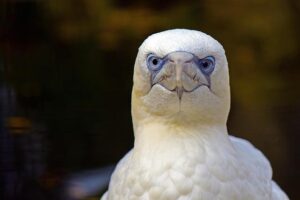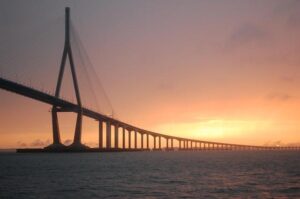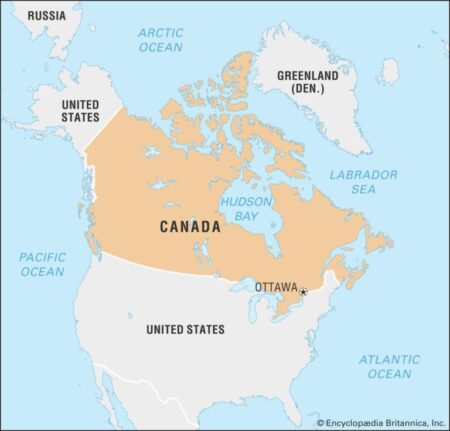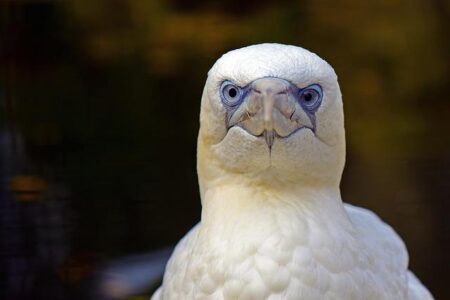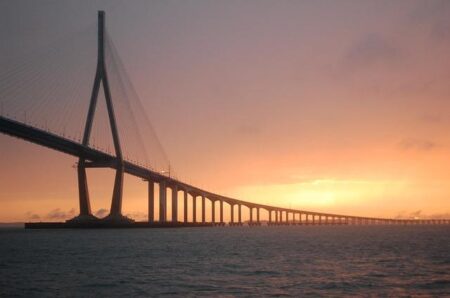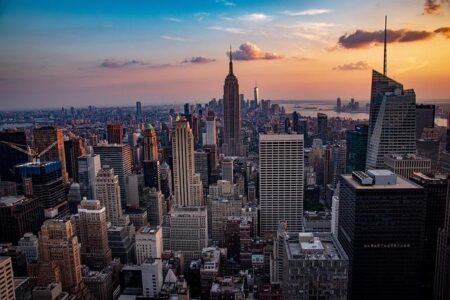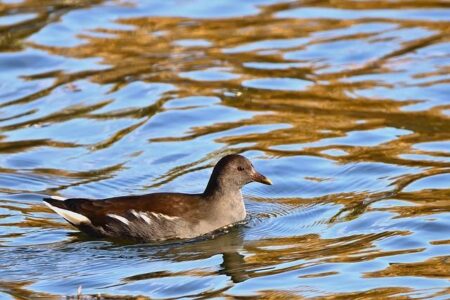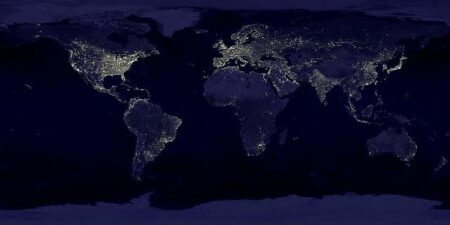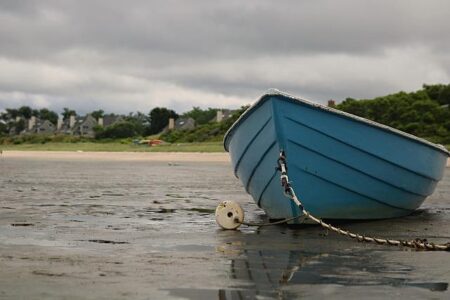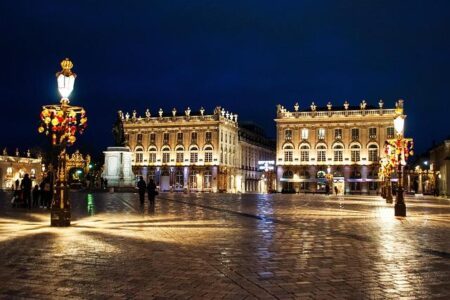Canada has increasingly been recognized in recent years as a leading light in all sorts of contemporary progressive policies—from environmental…
https://afric.news/2026/03/01/mozambique-first-mpox-cases-2024-africa-rise/ Mozambique has confirmed its first mpox cases of the year, joining a growing number of infections sweeping across Africa.…
https://dallas365.info/2026/02/28/news-canadas-scotiabank-picks-dallas-for-new-us-office-hub-costar/ Scotiabank has chosen Dallas as the site for its new U.S. office hub, aiming to expand its presence and…
https://www.mondialnews.com/2026/03/01/joe-montemurro-shares-key-insights-ahead-of-matildas-thrilling-asian-cup-opener-vs-philippines/ Australia’s Matildas are set to kick off their Asian Cup campaign with a crucial opener against the Philippines, and…
https://afric.news/2026/03/01/togo-democracy-crisis-west-africa/ A political crisis in Togo is rocking the very core of democracy in West Africa, as rising tensions spark…
https://newyork365.info/2026/03/01/new-york-shaping-the-future-of-markets-and-business-growth/ New York continues to solidify its status as a global hub for commerce and innovation with a renewed focus…
https://dallas365.info/2026/03/01/texas-judge-orders-release-of-ecuadorian-father-and-his-5-year-old-son-from-detention-center/ A Texas judge has ordered ICE to release an Ecuadorian man and his 5-year-old son from a detention center,…
https://chicago365.info/2026/02/28/alex-bregman-joins-the-cubs-and-bears-clinch-playoff-victory-an-unforgettable-night-for-chicago-sports/ Chicago sports fans had a thrilling night as Alex Bregman was traded to the Cubs, while the Bears secured…
https://www.mondialnews.com/2026/03/01/breathtaking-satellite-images-expose-widespread-devastation-in-iran-after-us-israeli-strikes/ Satellite images revealing the aftermath of recent US-Israeli strikes in Iran have emerged, shedding new light on the extent…
https://afric.news/2026/03/01/nigeria-joins-africa-tourism-surge-january-2024/ South Africa’s tourism sector soared to new heights in January 2026, welcoming an unprecedented 1,133,000 visitors. This incredible surge…
https://news-france.info/2026/03/01/as-nancy-lorraine-2025-26-season-essential-discipline-insights-from-french-ligue-2/ Sure! Please provide the article excerpt you’d like me to rewrite —- Author : Miles Cooper Publish date :…
